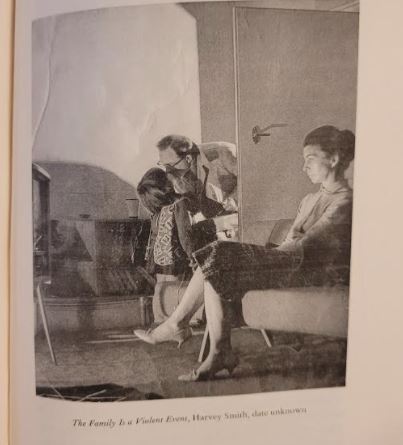
Yesterday was Lorrie Moore’s birthday according to Garrison Keillor’s Writers Almanac. He quoted her as saying the following and it made me laugh.
When she was once asked in an interview why she writes so often about characters who make lots of jokes, she said: “I feel that when you look out into the world, the world is funny. And people are funny. And that people always try to make each other laugh. I’ve never been to a dinner party where nobody said anything funny. If you’re going to ignore that [as a fiction writer], what are you doing?”
“What are you doing?” indeed.
My boss and i were goofing off yesterday. She was trying to broadcast organ music via her phone on a blue tooth speaker. I was the “talent” as they say and kept playing organ while she experimented. This apparently failed. She’s still working on something for tomorrow’s funeral.
In the course of the afternoon, I mentioned to her that there were two different hymns from which she could choose for this Sunday’s stream paraliturgy. She couldn’t decide. She said she would think about it. Consequently, I haven’t done this Sunday’s submission of hymns and music note. I did pick out organ music. If I haven’t heard from her tomorrow I will simple pick a hymn and write a hymn note.
Keillor inspired me to search for Lorrie Moore on YouTube. Bingo. In the above video, she not only talks charmingly and intelligently, she reads her essay about her marriage ceremony, “One hot summer, or a Brief History of Time,” in its entirety.
It was first published in the book she is plugging on this video.

I requested the library copy of the book and picked it up today.

On Tuesday, I read an essay by Zadie Smith called “The Bathroom” in her collection, Feel Free. It is about her family and her understanding of family. I was struck by her description of how her family fitted into England’s class system.
“The spare room, the extra toilet—these represented, for my parents, a very British form of achievement. Raised in poverty, they were now officially what the census takers call ‘lower middle class.’ … When you were lower middle-class, in the eighties, you went to Europe occasionally—though only on flights that left at 3 a.m., and on planes in which you freely chose the smoking section—and you drove a Mini Metro, and you bought fresh orange juice. You went to state school of course and had never seen a ski lift but you took the Guardian (footnote here: If you were on the left) and, if there was a good front-page scandal, the Mirror, and you had those nice stripy Habitat blinds in the kitchen and china plates hanging on the walls and you absolutely understood that doormats with jokes on them were in bad taste. You told people you ‘never watched ITV,’ although this was actually a lie: you watched ITV all the time. And each summer you packed the car and motored down the M4 to Devon or Cornwall, stopping along the route to take tea—thanks to the National Trust—in the various country mansions of penniless aristocrats. At least that’s how it was for us.”
Class systems always confuse me until my nose gets rubbed into them. This happened to me on one trip in the UK when the car of the train we were on lost power. We were shepherded into the first class car. A bald man in an expensive suit holding a conservative book glared at me and my family for the entire time we were there.
I assume that was class stuff.
I read that passage to my wife since we have a daughter who is firmly ensconced in England. (Hi Sarah!)
But more startlingly in Smith’s essay was her observation that “every family home is an emotionally violent place, full of suppressed rage… no one gets out of a family unit whole or with everything they want.” Here she quotes Jerry Seinfeld: “There’s no such thing as fun for all the family.”
Smith writes “Somebody’s going to have to give up something: it’s only a question of how much and to whom.
Something to ponder.
She reprints a photograph her father took of himself, his first wife, and Smith’s step sister. It is stark and looks highly composed. The mom sits like a painting staring at the TV. The father and daughter are whispering to each other. Smith titled it “The Family is a Violent Event.”
Zadie Smith’s brother, Ben, is a rap artist. Without talking to her about it, he independently chose this picture as the cover for his rap album.

Something else to ponder is what Lorrie Moore said in another interview I listened to on YouTube:
“You can’t carve solitude out of loneliness. You have to people your life and go from there.”
Denial Is the Heartbeat of America – The Atlantic
The incomparable Ibram X. Kendi.
“White terror is as American as the Stars and Stripes. But when this is denied, it is no wonder that the events at the Capitol are read as shocking and un-American.”
NYTimes: Public Radio Group Criticizes New York Times Over ‘Caliphate’ Correction
Good grief.
Superspreader Down: How Trump’s Exile from Social Media Alters the Future of Politics, Security, and Public Health
Little update by one of the coauthors of LikeWars. Thanks to Jeremy for tweeting this article.
